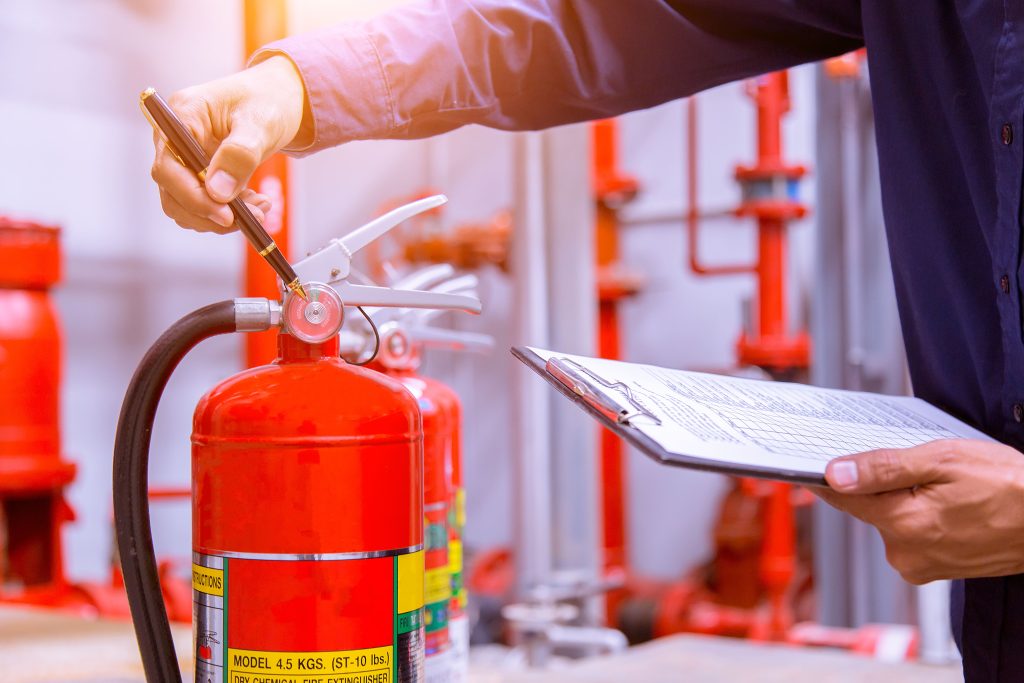On-site diesel fueling is a linchpin activity for industries ranging from transportation and construction to agriculture and mining. With the essential nature of diesel as a power source comes a paramount need for safety measures to prevent workplace accidents and environmental hazards. Ineffective safety protocols can lead to dire consequences, including spills, fires, or even injuries. Recognizing the intricacies of these operations, it’s imperative for businesses to not just acknowledge but actively enforce stringent safety measures, ensuring the wellbeing of personnel and the preservation of our environment.
Understanding On-site Diesel Fueling Operations
On-site diesel fueling encompasses the on-location refueling of vehicles, machinery, and backup power systems. It’s a practice characterized by transporting diesel directly to the equipment’s point of use. While convenient, these operations are not without risks. Common hazards include fuel spills leading to slippery surfaces, exposure to volatile compounds, and the risk of fire. Potential for environmental contamination and health issues for personnel also loom large, making a keen understanding of the risks and safety requirement
Safety Precautions Before Fueling
A rigorous site inspection checklist is the first line of defense in fueling safety. It should address potential ignition sources, adequate ventilation, and spill containment. Ensuring personnel don protective equipment such as gloves, goggles, and fire-resistant clothing is equally vital. Equally crucial is an emergency response plan, tailored to potential on-site incidents, ensuring swift and decisive action in the face of fueling emergencies. Proactive measures set the foundation for safe and efficient operations, curbing the risks associated with on-site diesel fueling
Best Practices During Fueling Operations
Executing on-site diesel fueling operations with the utmost safety demands a combination of vigilance, strict adherence to established procedures, and a commitment to continuous improvement. During the actual fueling process, several best practices must be strictly followed to prevent accidents and ensure the safety of both personnel and the environment. These practices include:
- Proper Handling of Equipment: Operators must be well-versed in the proper use of fueling equipment. Pumps, hoses, and nozzles should be handled with care, and connections must be secure to avoid leaks.
- Avoiding Overfilling: Tanks should be filled to an appropriate level to accommodate fuel expansion and prevent overflow.
- Maintaining a Clean Area: The fueling zone should be kept free of debris and other materials that could pose a trip hazard or ignite.
- No Smoking Policy: Enforce a strict no-smoking policy around fueling areas to prevent fire risks.
Fire safety is another critical aspect. Operators should have easy access to fire extinguishers, and all staff must be trained in their use. Clear communication protocols must be established, ensuring all team members are aware of their roles during the fueling operation. Signage should be visible, displaying emergency contact numbers and reminding of the safety practices.
Training and Education for Personnel
Comprehensive training is essential, covering all aspects of diesel fuel handling, equipment use, and emergency protocols. Sessions should delve into hazard identification, the use of personal protective equipment, and efficient spill response. Ongoing education keeps the crew abreast of the latest safety standards and procedures, fostering a culture where safety is paramount, and knowledge is continually refreshed.
Equipment Maintenance and Inspection
Regular maintenance of fueling equipment cannot be overstated. Scheduled inspections prevent leaks and failures that could lead to catastrophic spills or fires. A well-maintained apparatus is not only a safer one but also ensures operational efficiency and longevity, saving costs and avoiding downtime. A proactive stance on potential equipment malfunctions underscores a commitment to safety and operational excellence.
Environmental Considerations
Environmental stewardship is integral to on-site diesel fueling. A single spill can have far-reaching impacts on local ecosystems. Adhering to environmental regulations and implementing spill containment strategies are baseline requirements. Strategies like integrating spill prevention controls and secondary containment solutions minimize ecological footprints, showcasing a company’s commitment to environmental responsibility.
Emergency Response and Contingency Planning
An emergency response plan serves as a blueprint for action during fuel-related incidents. It outlines the responsibilities of on-site personnel, establishes communication protocols with external emergency services, and provides a clear procedure for containment and mitigation. Regular drills ensure the plan is not just theoretical but a ready-to-execute strategy, reinforcing safety as a core company value.
Commitment to Safe Fueling
Safeguarding the environment and ensuring the safety of workers should be intrinsic to any organization’s values. The successful implementation of the safety measures outlined here is not just a regulatory compliance but a testament to a company’s integrity and dedication to operational excellence. Fuel Me champions these principles, offering robust solutions that marry safety with efficiency, leading by example in the realm of on-site diesel fueling operations. We encourage businesses to adopt these measures, offering support and expertise to those ready to elevate their fueling safety standards.














































